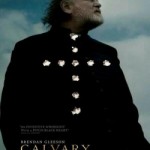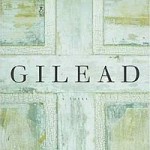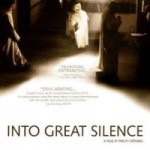Spoiler alert (or should I say plot revealer?). If you don’t 1) already know what “Calvary” means and/or 2) don’t want to know some revealing details about the plot, read no further. As I said, this review is a bit of a spoiler – but no more than the title itself. If you know anything about what “Calvary” means, you’ll know how the film must end. Calvary is – get ready for it – the Anglicized version of the Latin... Read more















